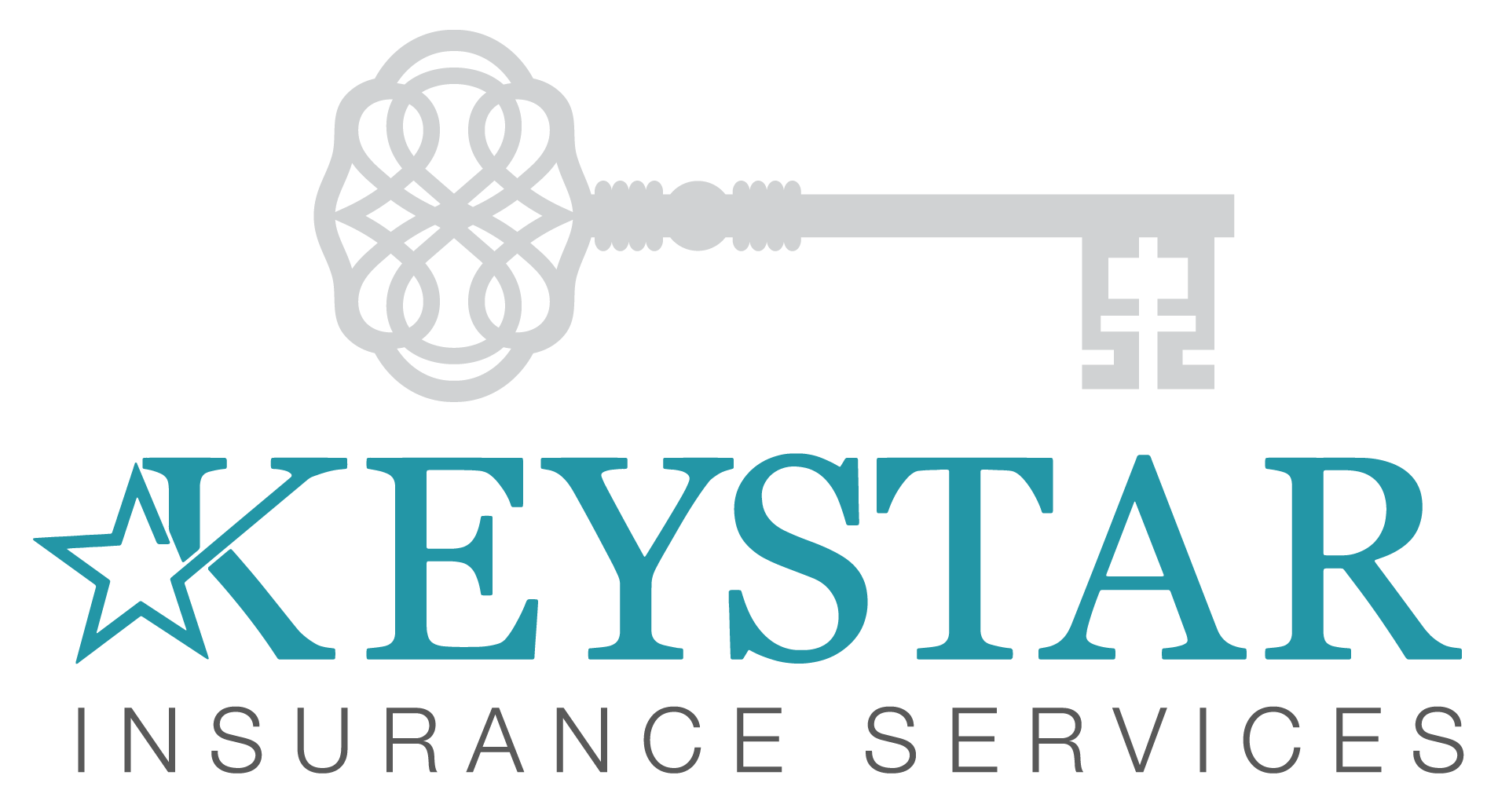



It doesn’t matter what industry you work in – accidents happen. In an office, it could be something as simple as an employee straining their back lifting a box filled with paper. On a construction site, any accidents are likely to be more severe. Workers compensation is designed to protect both your business and your employees. It provides both wage replacement and a host of medical benefits for any employees who are injured at the workplace.
California law requires employers to have Workers’ Compensation Insurance if they have even one employee (corporate officers and directors included).
CA Workers’ Comp: Key Details
- Sole proprietors in California can purchase WC for themselves.
- CA sole proprietors can opt out of WC coverage only if they don’t have any employees.
- If you are a roofer and don’t have any employees, you are still required to carry Workers’ Compensation in California.
- The State Fund’s pricing is based on the classification, payroll size, and individual risk characteristics of each business.
- In CA, failing to have Workers’ Compensation coverage is a criminal offense, punishable by either…
- A fine of up to $10,000, OR
- Imprisonment in the county jail for up to one year, OR
- Both.
- California also issues fines of up to $100,000 against illegally uninsured employers.
Get more details about California’s Workers’ Comp regulations at CA.gov’s Workers’ Compensation FAQ page:
Client Testimonials
– Nannette Mercado DBA: DEDA Janitorial Services
Sincerely, Emily Delgadillo DBA: EDG Janitorial


Wages for a Replacement Employee
Learn More
In the interim, you may need to hire a temporary replacement worker to keep your business moving. Keep in mind, though, that Workers’ Comp doesn’t cover the replacement employee’s wages. That responsibility is on you.
The good news? Workers’ Comp pays for two-thirds of the injured worker’s wages, so you won’t pay double during this time.
Third-Party Damages
Learn More
In these instances, Workers’ Comp only covers the costs associated with your employee’s injuries. For the third party’s injuries, you need General Liability Insurance. General Liability can cover their medical bills and pay for your legal expenses if they try to sue you over the injury.
Funds to Improve Workplace Safety
Learn More
Even if an employee is injured in an accident, Workers’ Comp doesn’t provide funds for you to improve workplace safety. It’s best to take care of safety issues proactively to avoid a claim from the outset.
Get-Well-Soon Cards
Learn More
Just remember that get-well-soon gifts aren’t covered by Workers’ Comp, which is probably a good thing. Greeting cards should never require paperwork!
OSHA Penalties
Learn More

Purpose of Audit
Audits are performed to ensure that the premiums employers pay for workers compensation insurance accurately reflect their risks. Insurers check to make sure that employers are properly classified and that the payrolls used for rating purposes are accurate. If an employer’s policy contains the wrong classifications or payrolls, the employer may be paying too much or too little, relative to other employers, for workers compensation insurance.
Many states obligate insurers to audit all workers compensation policies whose estimated annual premium exceeds a certain threshold, such as $10,000. State insurance departments conduct periodic checks to make sure insurers are performing the required audits.
Types of Audits
There are several types of workers compensation audits. The kinds of audits that are available can vary from state to state and insurer to insurer.
Mail Audit
regardless of their size.
Preliminary Audit
is to ensure that the proper classifications and payrolls are used on the policy.
Telephone Audit
the information, it schedules a telephone call for you with an auditor to discuss the information you provided.
Field Audit
Interim Audit
audit is performed at the end of the policy period.
Test Audit
Fraud By An Employer.
Complying with your insurer’s request for information is not your only obligation as a policyholder. You must also provide accurate data. If you intentionally supply false information to your insurer, you could be prosecuted by your state’s insurance department for insurance fraud. Here are examples of actions that could be considered fraudulent:

Purpose of Audit
Audits are performed to ensure that the premiums employers pay for workers compensation insurance accurately reflect their risks. Insurers check to make sure that employers are properly classified and that the payrolls used for rating purposes are accurate. If an employer’s policy contains the wrong classifications or payrolls, the employer may be paying too much or too little, relative to other employers, for workers compensation insurance.
Many states obligate insurers to audit all workers compensation policies whose estimated annual premium exceeds a certain threshold, such as $10,000. State insurance departments conduct periodic checks to make sure insurers are performing the required audits.
Types of Audits
There are several types of workers compensation audits. The kinds of audits that are available can vary from state to state and insurer to insurer.
Mail Audit
Preliminary Audit
Telephone Audit
Field Audit
Interim Audit
Test Audit
Fraud By An Employer.
Complying with your insurer’s request for information is not your only obligation as a policyholder. You must also provide accurate data. If you intentionally supply false information to your insurer, you could be prosecuted by your state’s insurance department for insurance fraud. Here are examples of actions that could be considered fraudulent:

answers regarding workers’ compensation insurance.
What is workers’ compensation insurance and how does it work?
State laws establish comprehensive and specific benefits that must be provided to employees who suffer a work-related injury or illness. Usually, businesses obtain workers’ compensation protection from one of four sources: private insurance carriers, state insurance funds, self-insurance or self-insured groups.
While benefits may differ from state to state, workers’ compensation can include weekly payments in place of wages, compensation for economic loss (past and future), reimbursement or payment of medical expenses, and benefits payable to the dependents of workers killed on the job or in the course of employment. Workers’ compensation insurance policies generally do not include damages for pain and suffering or punitive damages for employer negligence.
Workers’ compensation laws generally provide no-fault benefits to employees. This means that injured workers can, in most cases, collect workers’ compensation benefits regardless of whether they caused their own injury. The laws also provide the predictability of an exclusive remedy to businesses, meaning injured workers are provided defined benefits as compensation for their injury.
Do I need workers’ compensation insurance for my business?
Each state has different workers’ compensation requirements, so it is important to check the laws in your state to be sure you are in compliance. Some states define “workers” to include volunteers. Other states allow businesses of a certain size to be self-insured. There are also exemptions and requirements that vary from state to state.
What happens if I don’t have workers’ compensation insurance?
workers’ compensation claims and/or regulatory penalties. Both could be severe.
How is my workers’ compensation premium determined?
Type of Business
Your business is assigned to an industry-defined hazard group based on the likelihood of an accident occurring in your workplace. A low-risk business such as a professional services firm will have a different hazard group classification than a higher-risk business such as a construction company. An average cost per injury and fatality is computed for each classification. As you might expect, workplace injuries that take place on a construction site will probably cost more than injuries that take place in an office environment. It is important to be sure your employees are classified correctly, as this directly affects the amount of your workers’ compensation premium.
Accident History
Your workers’ compensation premium is also based on the number of accidents that have occurred in your workplace relative to the average for all businesses of your classification and size. If your business has fewer workplace accidents than the average during a defined measurement period, your premium may be lower than the premium paid by a similar business that experienced more accidents than average. The possibility of lower premiums is an inducement for a business to prevent workplace injuries. Workplace safety programs can help you educate employees about safety and keep accidents to a minimum.
Total Payroll
The higher your payroll, the more you will pay in workers’ compensation premium. The more employees you have, the greater the chance that someone will experience a workplace injury. Once your business is correctly classified and your accident history is assessed, your business is assigned an experience modification rate that takes all of that information into account. This rate is then multiplied by your total payroll to determine your premium.
Where can I get workers’ compensation insurance?
Companies meeting certain legal criteria can assume their own workers’ compensation risk and liabilities by selfinsuring. An alternative to self-insurance is self-insured group (SIG) in which companies join a group of other employers, which is responsible for the workers’ compensation risk and liabilities for group members.
North Dakota, Ohio, Washington and Wyoming require businesses to get coverage exclusively through state-operated funds. These are commonly called “monopolistic state funds.” A business cannot meet its workers’ compensation obligations in these jurisdictions with a policy from an insurance company.

answers regarding workers’ compensation insurance.
What is workers’ compensation insurance and how does it work?
State laws establish comprehensive and specific benefits that must be provided to employees who suffer a work-related injury or illness. Usually, businesses obtain workers’ compensation protection from one of four sources: private insurance carriers, state insurance funds, self-insurance or self-insured groups.
While benefits may differ from state to state, workers’ compensation can include weekly payments in place of wages, compensation for economic loss (past and future), reimbursement or payment of medical expenses, and benefits payable to the dependents of workers killed on the job or in the course of employment. Workers’ compensation insurance policies generally do not include damages for pain and suffering or punitive damages for employer negligence.
Workers’ compensation laws generally provide no-fault benefits to employees. This means that injured workers can, in most cases, collect workers’ compensation benefits regardless of whether they caused their own injury. The laws also provide the predictability of an exclusive remedy to businesses, meaning injured workers are provided defined benefits as compensation for their injury.
Do I need workers’ compensation insurance for my business?
Each state has different workers’ compensation requirements, so it is important to check the laws in your state to be sure you are in compliance. Some states define “workers” to include volunteers. Other states allow businesses of a certain size to be self-insured. There are also exemptions and requirements that vary from state to state.
What happens if I don’t have workers’ compensation insurance?
workers’ compensation claims and/or regulatory penalties. Both could be severe.
How is my workers’ compensation premium determined?
Type of Business
Your business is assigned to an industry-defined hazard group based on the likelihood of an accident occurring in your workplace. A low-risk business such as a professional services firm will have a different hazard group classification than a higher-risk business such as a construction company. An average cost per injury and fatality is computed for each classification. As you might expect, workplace injuries that take place on a construction site will probably cost more than injuries that take place in an office environment. It is important to be sure your employees are classified correctly, as this directly affects the amount of your workers’ compensation premium.
Accident History
Your workers’ compensation premium is also based on the number of accidents that have occurred in your workplace relative to the average for all businesses of your classification and size. If your business has fewer workplace accidents than the average during a defined measurement period, your premium may be lower than the premium paid by a similar business that experienced more accidents than average. The possibility of lower premiums is an inducement for a business to prevent workplace injuries. Workplace safety programs can help you educate employees about safety and keep accidents to a minimum.
Total Payroll
The higher your payroll, the more you will pay in workers’ compensation premium. The more employees you have, the greater the chance that someone will experience a workplace injury. Once your business is correctly classified and your accident history is assessed, your business is assigned an experience modification rate that takes all of that information into account. This rate is then multiplied by your total payroll to determine your premium.
Where can I get workers’ compensation insurance?
Companies meeting certain legal criteria can assume their own workers’ compensation risk and liabilities by selfinsuring. An alternative to self-insurance is self-insured group (SIG) in which companies join a group of other employers, which is responsible for the workers’ compensation risk and liabilities for group members.
North Dakota, Ohio, Washington and Wyoming require businesses to get coverage exclusively through state-operated funds. These are commonly called “monopolistic state funds.” A business cannot meet its workers’ compensation obligations in these jurisdictions with a policy from an insurance company.
Don’t forget about one of the most overlooked coverages, Employment Practices Liability Insurance (EPLI).
Don’t forget about one of the most overlooked coverages, Employment Practices Liability Insurance (EPLI).

Pages

